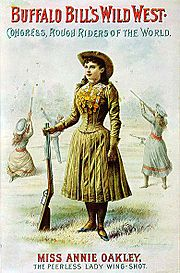
Moravian Church
An interesting look into what is happening to christianity in Germany. I have been saddened to learn that the Moravian Church that I was baptized and confirmed in has recently closed and that the denomination itself is considering a merger. Though the birthplace is not Germany itself now, much is owed to Count Zinzendorf. Thus this caught my attention. For more on the Moravians here
Germany is the birthplace of Martin Luther and the Protestant Reformation, but since the middle of the 20th century, the country has seen a dramatic shift away from Protestantism – one that has greatly outpaced a decline in the share of Germans who are Catholic.
Protestants represented a majority (59%) of Germany’s population in 1950, with Catholics as a sizable minority (37%), according to research by Detlef Pollack and Olaf Müller, scholars of religion and sociology at the University of Münster in Germany. These shares are largely based on church membership rolls that include both children and adults. Over the next 60 years, the share of Protestants fell 30 percentage points, while the share of Catholics dropped 7 points. Each group now includes roughly three-in-ten Germans, based on 2010 membership data.
How German Protestants and Catholics compare
Protestants and Catholics in Germany follow traditional Christian religious beliefs and behaviors at roughly similar rates, according to Pew Research Center data. For example, similar shares in both groups say they pray daily and believe in God with absolute certainty. At the same time, German Protestants are more likely than their Catholic counterparts to follow Eastern or New Age spiritual practices and beliefs. A third of German Protestants, for instance, believe in astrology, while only 23% of Catholics do. And about one-quarter of Protestants consult the horoscope, tarot cards or fortune tellers (23%), compared with 16% of Catholics.
More at Pew Research




